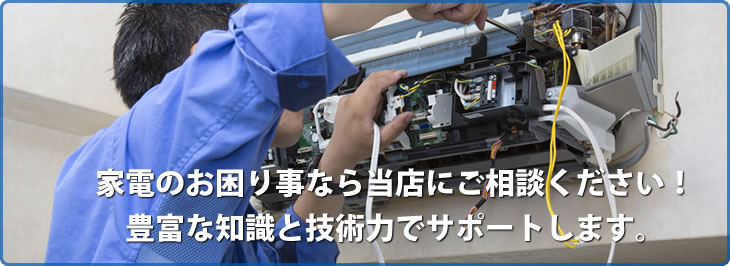The Business Case for Green Waste Management in Industrial Settings
페이지 정보

본문
Implementing sustainable waste management in factories is no longer just an environmental choice—it is a business imperative
As global regulations tighten and consumer expectations shift toward eco-responsible practices
manufacturing sites are compelled to overhaul their waste disposal systems
Begin by carrying out a full-scale waste inventory analysis
This involves identifying the types and volumes of waste generated, from packaging materials and metal shavings to chemical byproducts and 派遣 スポット organic waste
Understanding the source and scale of waste allows factories to prioritize areas with the highest impact
After assessment, the next phase must center on eliminating waste at its origin
This means redesigning production processes to use fewer materials, optimizing inventory to prevent excess, and selecting suppliers who offer reusable or minimal packaging
Even small changes, like switching from single-use plastic wrap to reusable containers, can add up over time
Workers must be educated to spot inefficiencies and propose sustainable alternatives
Those working directly with machinery and materials are often best positioned to detect operational waste
Recycling and reusing materials should be the next priority
Factories routinely capture scrap metal, HDPE, paper pulp, and cooling water to reintegrate into production
Installing color-coded bins and working with accredited recyclers guarantees lawful, ethical handling
Some factories have even created internal programs to repurpose scrap materials into new products or components, turning waste into a secondary revenue stream

For hazardous waste, compliance with local and international regulations is non-negotiable
They are obligated to secure, identify, and ship hazardous substances via authorized carriers to safeguard workers and the environment
Digital tracking systems can help monitor hazardous waste from generation to disposal, ensuring full accountability
Turning cafeteria waste and biodegradable manufacturing byproducts into compost cuts disposal costs and creates nutrient-rich soil
Even modest composting initiatives in large plants yield significant environmental benefits
Finally, measuring progress is essential
Factories should set clear goals, such as reducing landfill waste by 50 percent within three years, and track performance using key metrics
Regularly updating employees on waste reduction milestones promotes a culture of sustainability
Publicly highlighting green initiatives enhances public perception and draws eco-minded buyers and funders
True sustainability requires permanent integration into daily workflows, not a short-term campaign
When waste reduction becomes standard practice, operations become leaner, more profitable, and fundamentally more sustainable
- 이전글Are You Safe Poker Games Online The perfect You can? 10 Signs Of Failure 25.10.25
- 다음글Instagram Private Account Viewer 100% Free Service 25.10.25
댓글목록
등록된 댓글이 없습니다.

